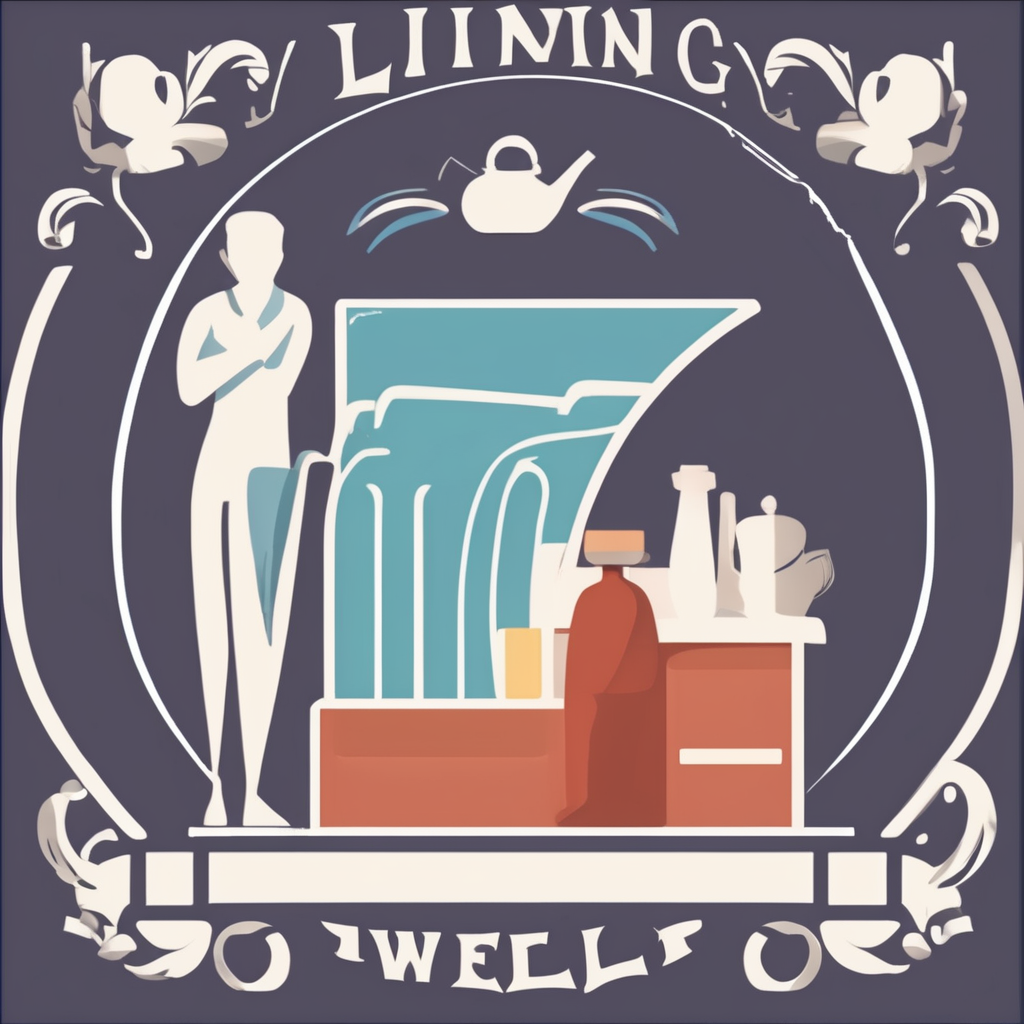Overview of Prenatal Massage Techniques
Prenatal massage is a specialized therapeutic approach tailored to the unique needs of expectant mothers. Its primary purpose is to offer stress relief and physical comfort during pregnancy. This type of massage addresses common pregnancy-related discomforts, promoting overall well-being.
Relieving stress is crucial during pregnancy, as it fosters a healthy environment for both the mother and the developing baby. Stress can adversely affect the physiological state of an expectant mother, potentially impacting fetal development. Prenatal massage facilitates relaxation, potentially reducing anxiety and stress levels.
Also to discover : Essential Meal Planning Tips for UK Pregnant Women to Combat Morning Sickness
In the UK, several advanced techniques are employed to enhance the efficacy of prenatal massages. These techniques include gentle stretching, the application of light pressure on specific areas, and the use of props like specially designed cushions. These techniques aim to mitigate discomfort associated with changes in posture and weight distribution during pregnancy.
Among the methods, the Swedish massage is prevalent and involves long, gliding strokes known for enhancing circulation and reducing muscle tension. Additionally, acupressure points used in prenatal massage can promote relaxation and aid in pain relief by targeting specific pressure points on the body. It is essential these massages are conducted by trained professionals to ensure safety and effectiveness for the mother and child.
Also to read : Essential Travel Tips for Expecting Mothers in the UK During the Second Trimester: Safe Practices to Consider
Benefits of Prenatal Massage for Stress Relief
Prenatal massage offers numerous benefits for expectant mothers, positively impacting both the physical and emotional aspects of pregnancy. One of the key advantages is stress relief. Pregnancy can bring about heightened levels of stress hormones due to physical and emotional changes. Engaging in regular prenatal massage sessions can help reduce these stress hormones, promoting a general sense of relaxation and well-being.
Physically, prenatal massage addresses common discomforts experienced during pregnancy. This involves reducing muscle tension and pain, particularly in areas like the lower back and hips where expectant mothers often feel the strain. Additionally, improved circulation from massage can help alleviate swelling in the legs and feet.
On the emotional and psychological fronts, prenatal massage contributes significantly by promoting relaxation and a sense of calm. The soothing touch of a skilled therapist can enhance the well-being of mothers-to-be, fostering a better emotional balance and potentially reducing anxiety and depression levels often reported during pregnancy.
Ultimately, the cumulative relaxation effects may even aid in improving sleep quality, which is vital for both the mother’s and baby’s health. Regularly enjoying the benefits of prenatal massage can create a more harmonious pregnancy experience, each session providing stress relief and peace.
Cutting-Edge Techniques Available in the UK
Exploring advanced prenatal massage techniques can be both exciting and beneficial for expectant mothers. The UK’s offerings include several tailored methods to enhance comfort and well-being.
Myofascial Release
This technique targets the connective tissue known as fascia. Practitioners use gentle, sustained pressure to ease tension and discomfort. A specific benefit of myofascial release is its ability to improve flexibility and mobility, essential for pregnant women. Expertise is crucial, so choose therapists with specialized training in this field. Numerous clinics across the UK offer this service, catering to various needs.
Craniosacral Therapy
Craniosacral therapy offers a subtle yet profound way of balancing the body’s systems. By focusing on regulating the flow of cerebrospinal fluid, this technique can alleviate stress and promote relaxation. Practitioners must possess a deep understanding of the craniosacral rhythm. Accessibility to trained therapists is expanding, with many UK establishments now providing this option for prenatal care.
Aromatherapy Massage
Incorporating essential oils, this massage technique enhances relaxation and reduces anxiety. Practitioners blend oils tailored to specific issues, such as nausea or muscle pain. The use of aromatherapy requires a thorough knowledge of safe oils for pregnancy. Thankfully, a growing number of UK venues offer this personalised experience, ensuring safety and comfort.
Practitioner Qualifications and Training
When selecting a prenatal massage practitioner in the UK, ensuring their qualifications and certifications is paramount. Practitioners should possess specific certifications that validate their proficiency in handling the unique needs of expectant mothers. These certifications not only highlight their expertise but also assure clients of their adherence to established training standards focused on prenatal safety.
Specialised training is crucial for practitioners to understand the physiological changes during pregnancy. This training equips them to offer safe and effective care. Courses typically cover anatomy, contraindications, and appropriate techniques, ensuring that practitioners are well-prepared to handle pregnant clients with utmost caution.
Certifications to look for include affiliation with recognised institutions offering prenatal massage programs. The therapist’s credentials should be current, reflecting continuous education in training standards and up-to-date practices.
To verify a practitioner’s credentials, request to see their certificates and inquire about their professional experience. Many practitioners display their qualifications visibly in their practice spaces or online profiles, enabling clients to make informed decisions. Additionally, checking with certifying bodies can provide an extra layer of assurance regarding the legitimacy of a practitioner’s training status. This proactive approach ensures both safety and a quality experience tailored to prenatal needs.
Safety Considerations for Prenatal Massage
When considering a prenatal massage, understanding safety is essential. There are common contraindications to be aware of, such as high-risk pregnancies, preeclampsia, or signs of premature labor. During these situations, it’s critical to avoid massage to prevent complications. Always consult with healthcare providers before proceeding with any treatment.
Expert Guidelines for Safe Practice
There are specific expert guidelines to ensure a safe prenatal massage experience. Firstly, positioning is vital; lying on the side with supportive props is recommended to avoid pressure on the abdomen. Additionally, deep tissue techniques should be avoided, focusing instead on gentle, soothing strokes.
Guidelines also suggest shorter sessions of around 30-45 minutes to prevent discomfort. A certified therapist with experience in prenatal massage can ensure adherence to these guidelines.
Furthermore, consult with a healthcare provider to discuss any personal health concerns. This collaborative approach ensures both medical and therapeutic professionals agree on the patient’s best interest, fostering a relaxing yet safe environment. Educating oneself on these measures can significantly enhance the well-being and comfort of individuals seeking the benefits of prenatal massage.
Recommended Products and Massage Oils
When it comes to prenatal massage, selecting the right massage oils is crucial for the safety and comfort of both the mother and baby. Many oils can be used, but ensuring they’re pregnancy-safe products is essential. Popular choices for prenatal massages include sweet almond oil, which is gentle on the skin, and jojoba oil, known for its ability to mimic skin’s natural oils.
The significance of using pregnancy-safe products cannot be overstated, as certain oils can be absorbed through the skin and affect the unborn child. Thus, always opt for products explicitly labelled as safe for pregnancy. It is equally important to conduct a patch test before widespread use to ensure there’s no adverse reaction.
Here are some highly recommended pregnancy-safe massage oils:
- Bio-Oil Skincare Oil: Suitable for reducing stretch marks and hydrating skin.
- Earth Mama’s Belly Oil: Specifically formulated for pregnancy.
- Weleda’s Stretch Mark Massage Oil: Helps improve skin’s elasticity.
These products are widely available online and in retail stores that specialise in organic or maternity products. It’s always advisable to check with a healthcare provider when trying new products during pregnancy to ensure they meet personal health requirements.
Finding a Qualified Practitioner in the UK
Locating a reputable prenatal massage therapist in the UK can be a straightforward task when utilizing various resources. Begin by exploring online directories specifically designed to list qualified massage therapists. Websites dedicated to professional associations often have directories that filter practitioners by speciality, ensuring you find someone experienced in prenatal care.
Once you have a list of potential candidates, reading reviews can be particularly helpful. Many people share their experiences online, providing insights into the quality and professionalism of the services offered. Testimonials can highlight the therapist’s expertise and the effectiveness of their techniques, which is crucial when considering prenatal massage therapy.
Consideration should also be given to the therapist’s qualifications. Ensure they are properly certified and have received training in prenatal massage. This information is typically found in their professional profiles on directory websites.
For further reassurance, you can engage in community forums or social media groups focused on prenatal care. These platforms often have discussions and recommendations tailored to local options, granting additional peace of mind.
The importance of finding practitioners who are not only certified but also personally recommended cannot be understated, especially in the sensitive arena of prenatal care.
Testimonials and Case Studies
Listening to client testimonials can be incredibly enlightening. Many have shared how their prenatal massage sessions significantly eased their stress. One such account comes from a mother who described her sessions as a “sanctuary.” Her experience with specific massage techniques provided profound stress relief, making her pregnancy more enjoyable.
Case studies offer concrete data on the effectiveness of these massages for stress alleviation. In one study, participants reported decreased anxiety levels, emphasizing the powerful impact of regular prenatal massages. The methodology of the study included consistent treatment sessions over several weeks, showcasing progressively enhanced well-being.
Personal stories further illustrate the benefits during pregnancy. A client recounted how consistent massage therapy not only reduced physical discomfort but also fostered a sense of emotional tranquility. These personal accounts underline the life-changing potential of prenatal massage techniques.
Such stress relief experiences emphasize the value of incorporating these sessions as part of regular maternity care. The significant reduction in stress markers observed supports its role as a holistic approach in enhancing prenatal health.
By hearing these varied perspectives, expectant mothers can feel encouraged to explore these valuable therapeutic options.











